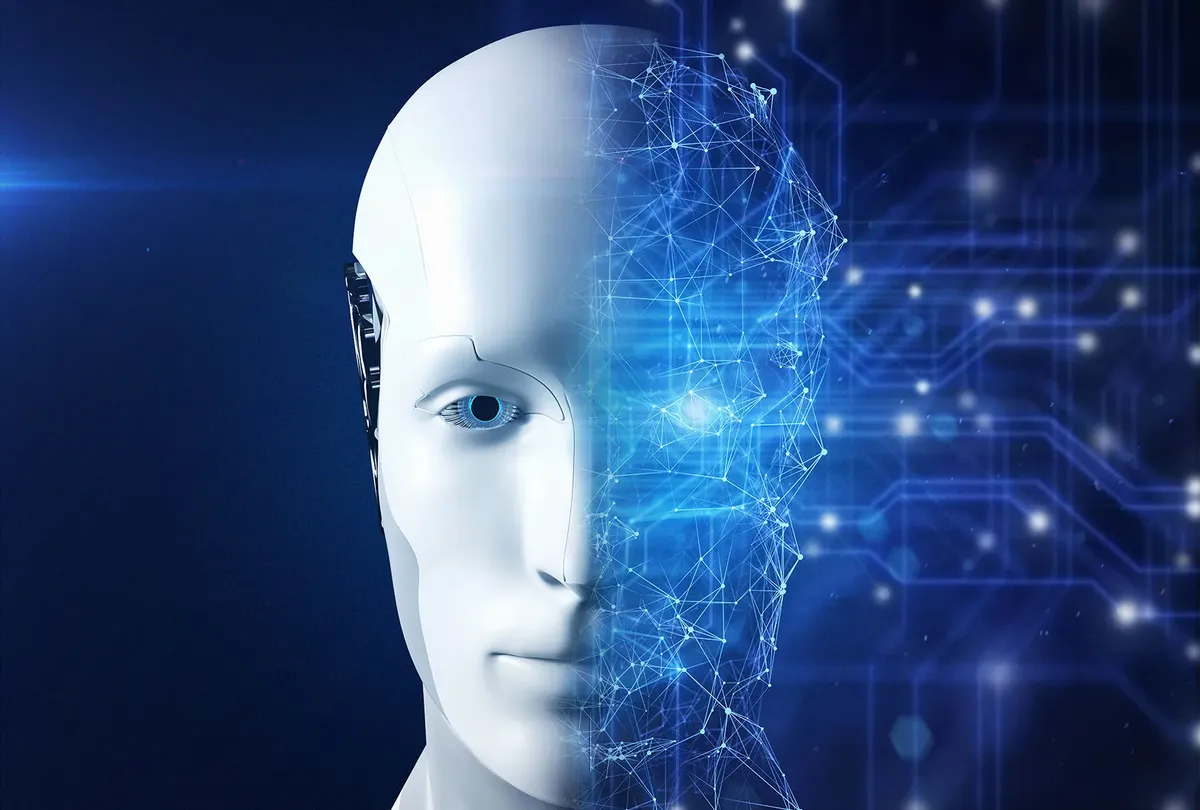
On April 12th, 2021, President Joe Biden invited top executives from major technology companies, including Amazon, Google, and Microsoft, to the White House to discuss the potential risks of artificial intelligence (AI) and how to ensure that its development and deployment benefit the public interest.
The meeting was part of the Biden administration’s efforts to engage with the tech industry on issues related to AI, including its potential impact on jobs, privacy, and national security. In recent years, concerns about the potential risks of AI have grown, with experts warning that the technology could be used to automate jobs, amplify existing biases and discrimination, and pose a threat to human safety.
During the meeting, President Biden stressed the importance of ensuring that AI development is guided by ethical principles and serves the public interest. He also emphasized the need for transparency and accountability in AI systems, particularly those used in sensitive areas such as healthcare and criminal justice.
The executives in attendance, including Amazon CEO Jeff Bezos, Google CEO Sundar Pichai, and Microsoft President Brad Smith, pledged to work with the administration on developing principles for AI development that prioritize safety, transparency, and accountability. They also committed to investing in the education and training of workers who may be affected by AI automation.
While the meeting was a positive step towards addressing the potential risks of AI, there is still much work to be done to ensure that the technology is developed and deployed in a responsible and ethical manner.
The Potential Risks of AI
AI has the potential to transform many aspects of our lives, from healthcare and transportation to education and entertainment. However, it also poses significant risks, particularly if it is developed and deployed without proper oversight and regulation.
One of the most significant risks of AI is its potential to automate jobs, particularly those that involve routine tasks. While automation can increase efficiency and productivity, it can also lead to job displacement and economic inequality, particularly if workers are not provided with the necessary training and support to transition to new roles.
Another risk of AI is its potential to amplify existing biases and discrimination. AI systems are only as unbiased as the data they are trained on, and if that data contains biases, those biases will be reflected in the system’s output. This can lead to discrimination in areas such as hiring, lending, and criminal justice.
AI also has the potential to pose a threat to human safety, particularly if it is used in high-stakes applications such as healthcare and transportation. For example, a poorly designed AI system used in healthcare could lead to misdiagnoses or incorrect treatment recommendations, while a self-driving car with a faulty AI system could cause a serious accident.
Finally, AI poses a potential threat to privacy and security, particularly if it is used to collect and analyze personal data. If AI systems are not properly secured, they could be vulnerable to hacking and other cybersecurity threats, leading to the theft of sensitive information and other nefarious activities.
Addressing the Risks of AI
To address the potential risks of AI, it is important to develop and deploy the technology in a responsible and ethical manner. This requires a comprehensive approach that includes:
1. Ethical Principles: AI development should be guided by ethical principles that prioritize safety, transparency, and accountability. These principles should be developed in consultation with a wide range of stakeholders, including industry experts, academics, and representatives from civil society.
2. Regulation: Governments should establish clear regulatory frameworks for the development and deployment of AI. These frameworks should include guidelines for the use of AI in sensitive areas such as healthcare and criminal justice, as well as mechanisms for ensuring transparency and accountability.
3. Education and Training: Workers who may be affected by AI automation should be provided with the necessary education and training to transition to new roles. This could include training in areas such as data analysis, software development, and
